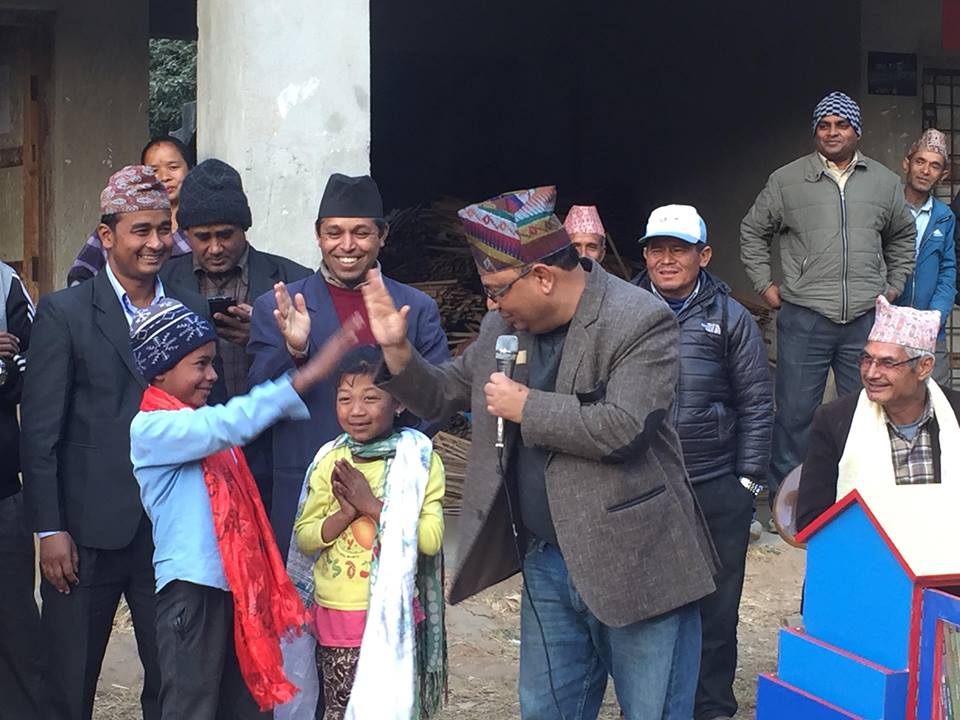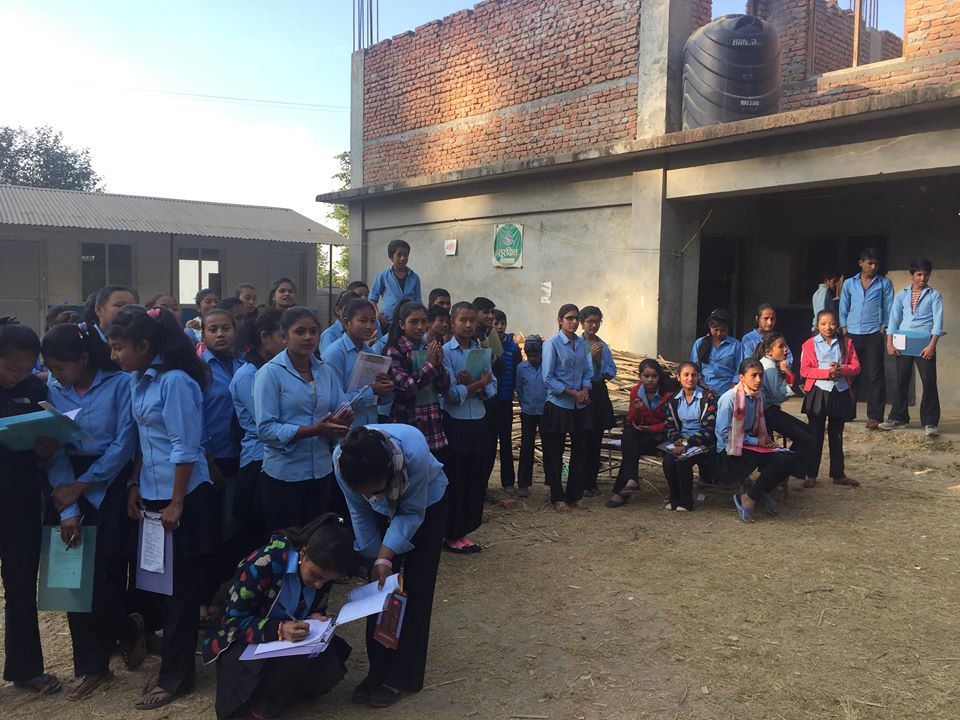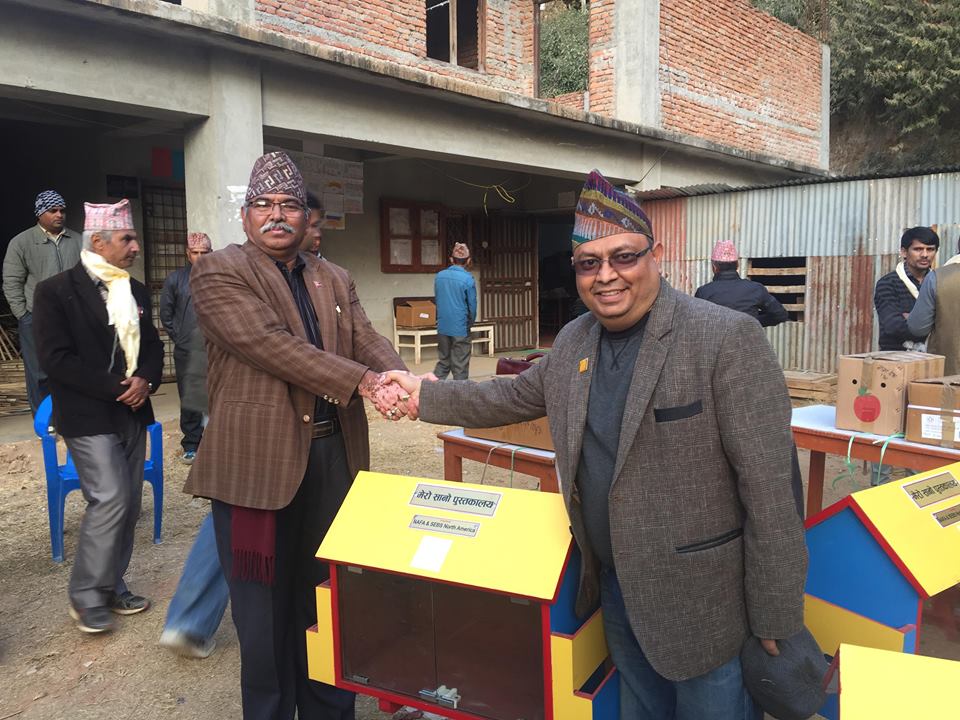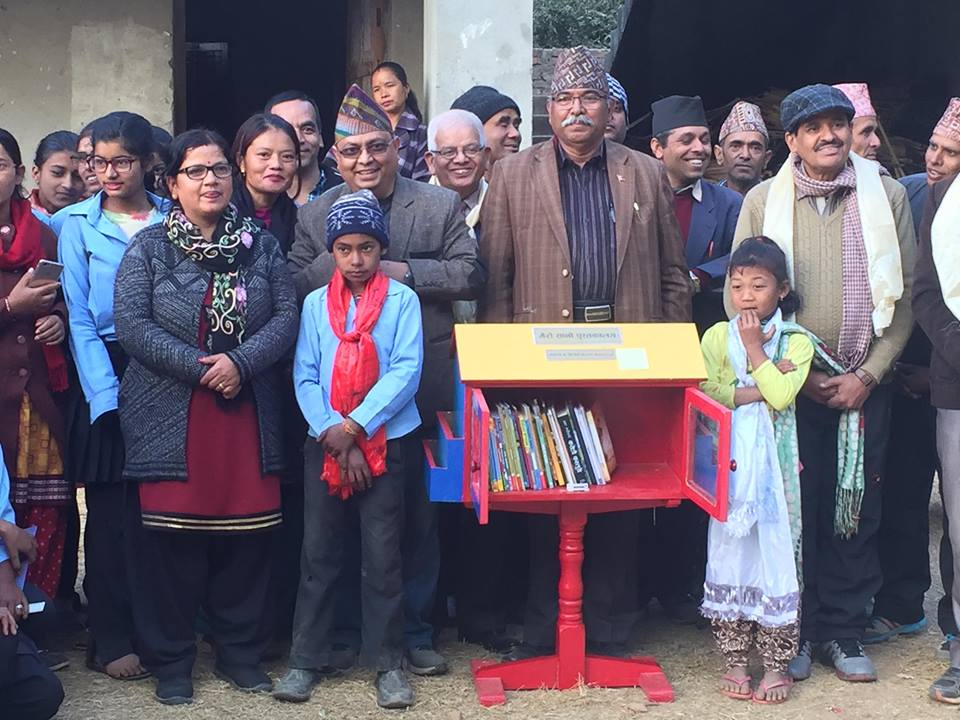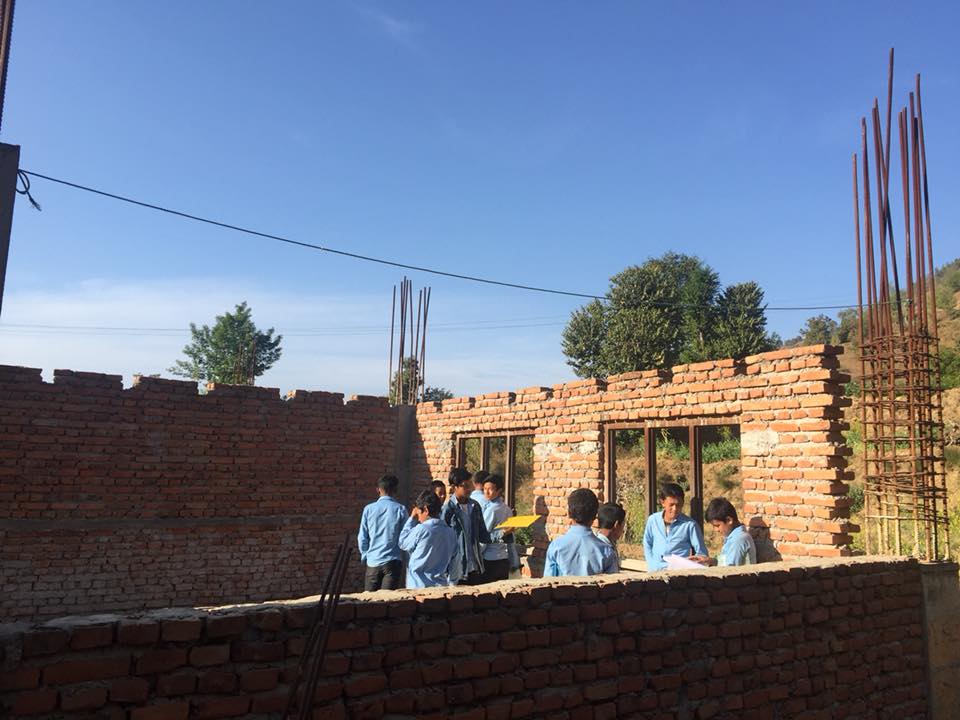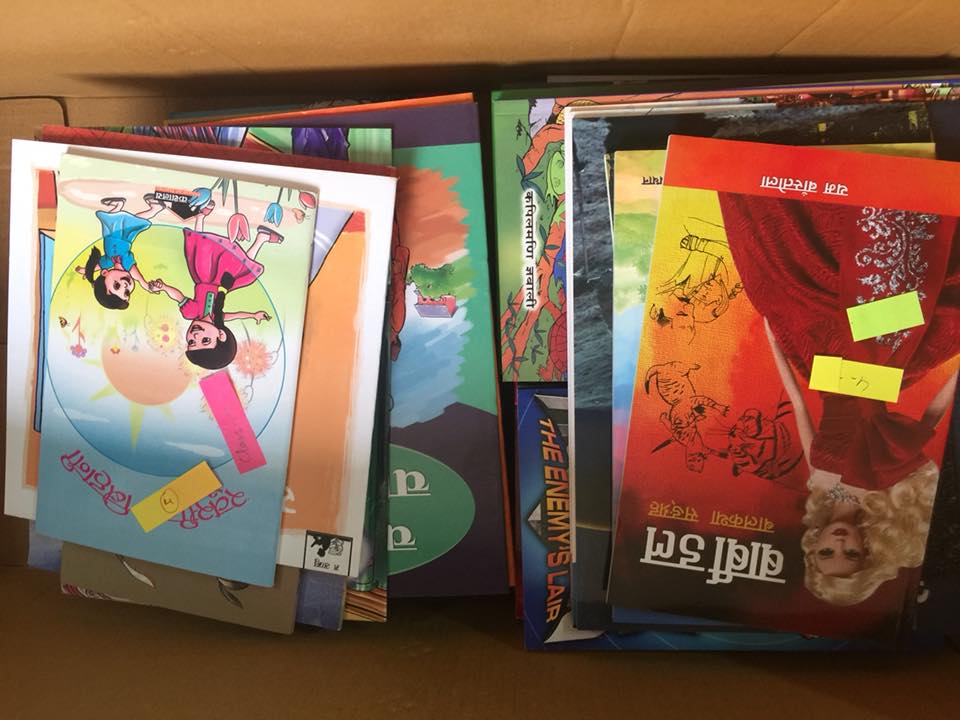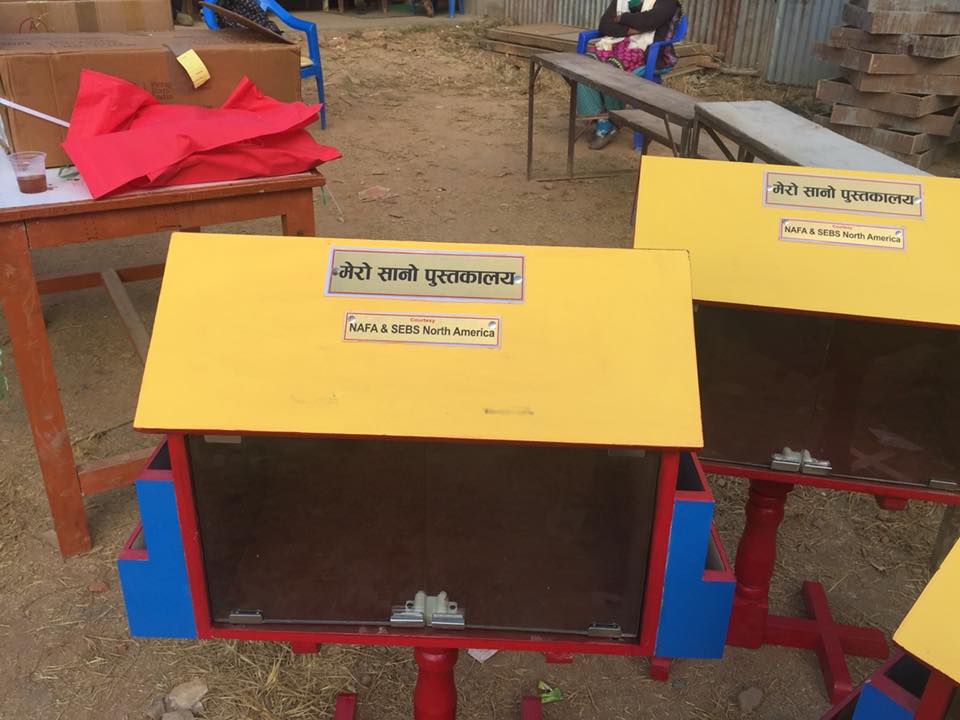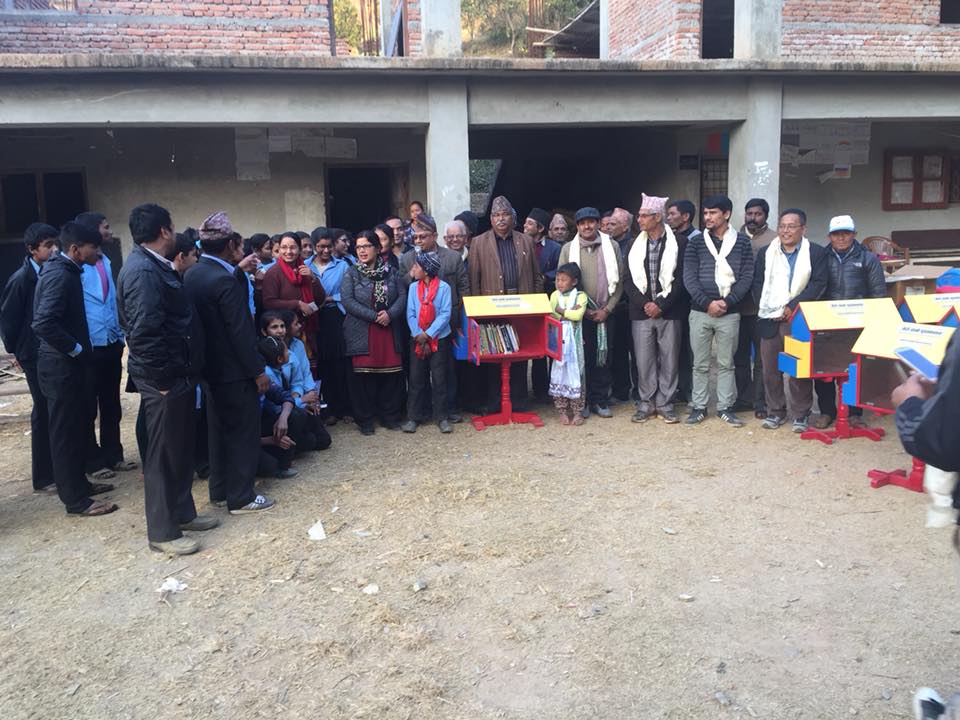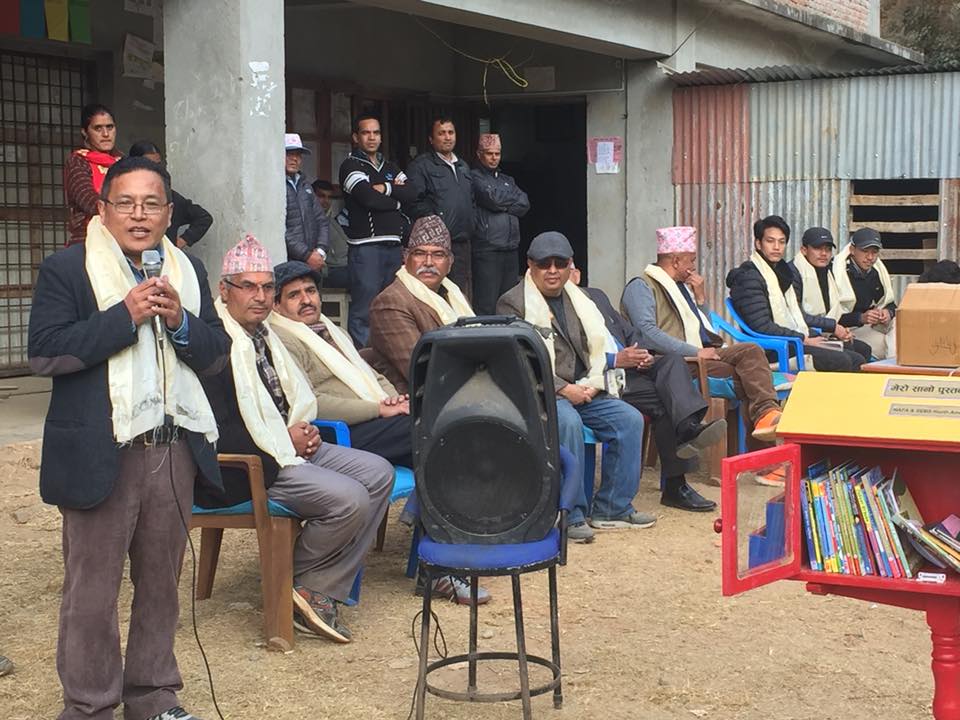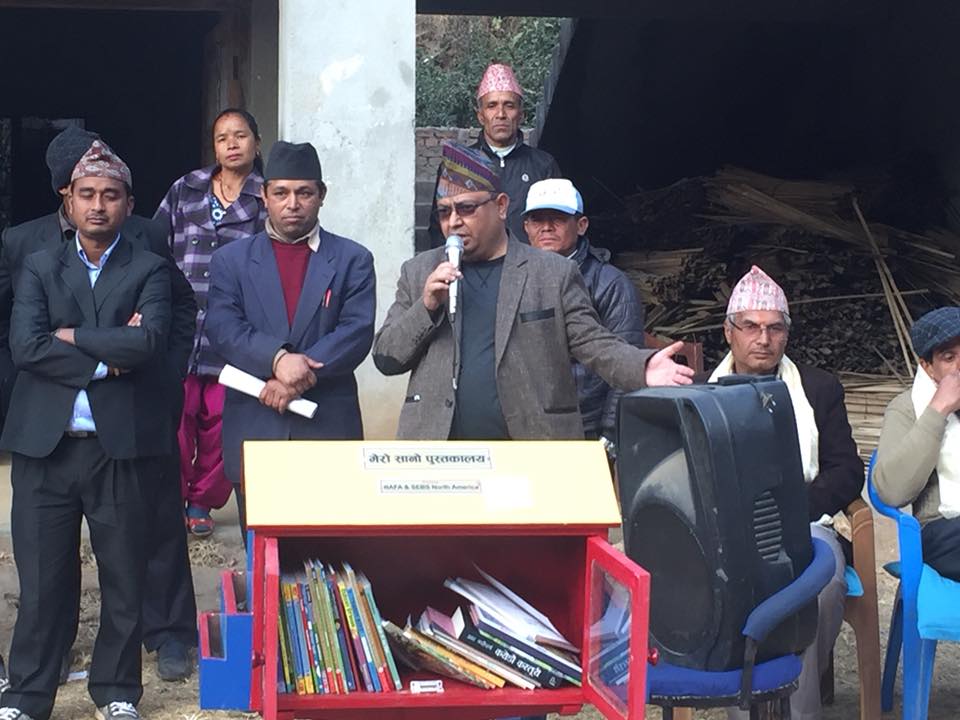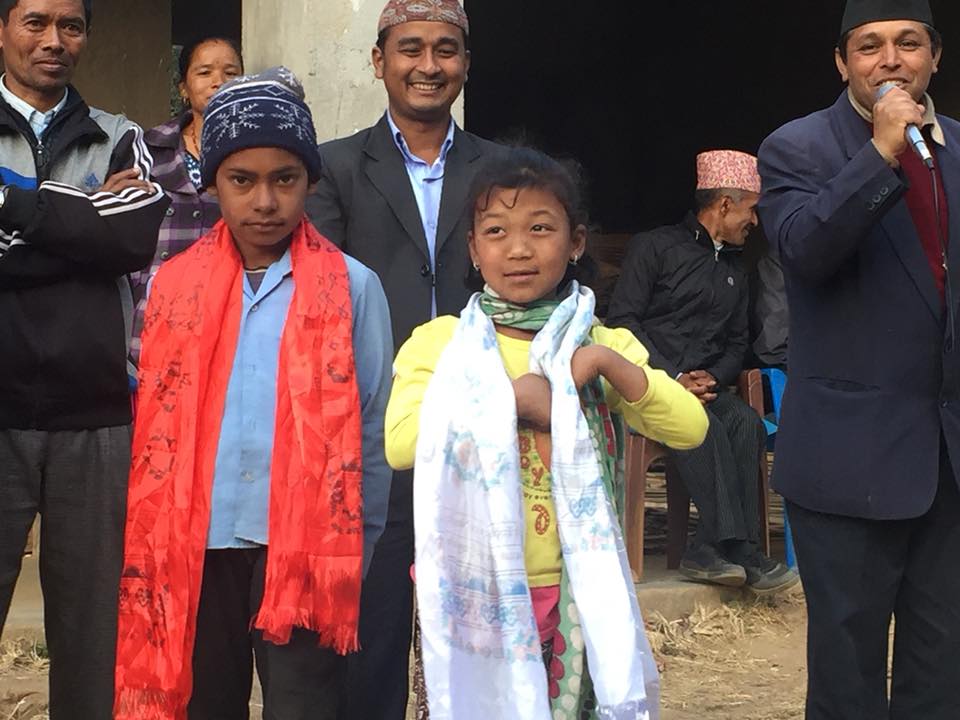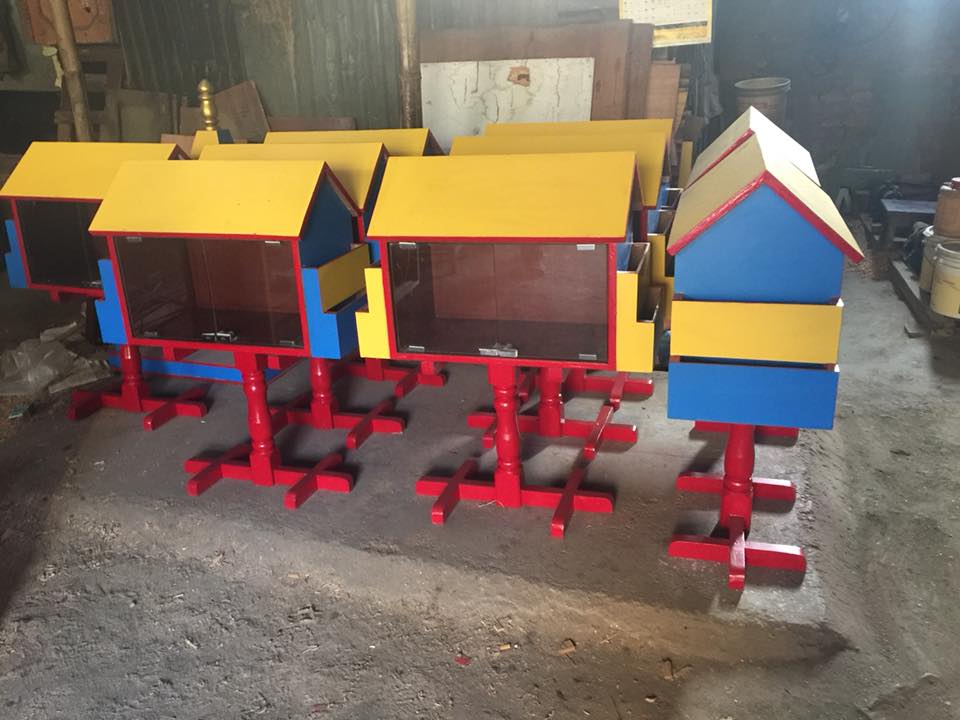Nothing is more beautiful in this world than a burning desire. This desire is like a wildfire, wide-eyed until it realizes its possibilities and unstoppable after it discovers its potentials. The latter wildfire is the definition for people who long to spread their ardent desires that spread gust of inspiration and positivity in the sphere of this small world. A mandatory parallel for the latter wildfire is Kiran Sitoula. He spreads passion and only passion.
The well of dreams for many Nepalese, ‘seven-seas-far-country-United States of America’, mirrors the name of many Nepali success stories. Faceting one of such story of Kiran Sitoula from the well of dreams:
Kiran is the first Nepali to become the Vice Mayor for the Town of Indian Head in Maryland since 2015 for a four-year term. Also, one of the Board Members for Charles County Public Library, Sitoula is a strong advocate of civic engagement, local governance and public library. Currently residing in the States, he visits Nepal in his leave days from office to impart his knowledge, help execute pending projects and most importantly catch up with his classmates and relatives.
Library Project
His ‘Library Project: Kanpur School, Kavre, Nepal’ is one such peculiar project that he is functioning on for the betterment of education of students in Kavre. SEBS-Society of Ex-Budhanilkantha Students wanted to instigate school rebuilding program after the devastating earthquake hit Nepal in 2015. “Initially Raktakali Primary School in Pattichaur, Kanpur was chosen but since the school management could not provide to us the ownership of the land title belonging to school, we could not proceed.”, he asserted.
After this, Sitoula was called upon by President of SEBS at that time, Dr.Sneedha Mainali, to assist SEBS in renovating rebuilding Shree Kanpur School, in Kavre. The post-earthquake images of the school mirrored depredation. From the onsite inspection, SEBS Nepal and SEBS North America teamed up to rebuild the school. With much diligence, technical effort and conduction of studies they got acquainted with the fact that Indian Embassy had expressed a keen interest to assist the renovation of the school. The entire Kanpur school had established a sense of emotional attachment with the team of SEBS. So, they shifted their focus away from the infrastructure building and initiated on enhancing quality education for the students of Kanpur School. Kiran Sitoula was then appointed the lead for this project.
SEBS-North America is the implementing agency for the project. They also coalited with Nepali and Friends Association (NAFA), as the donor agency. Sitoula mentioned, “At this time, I have been entrusted to manage the budget for the program with support from volunteers and staff on the ground in Nepal. Locally we have a great team, Bharat Nepali (SEBS), Prabhakar Ghimire (local staff and finance).” In North America, the Executive leadership of NAFA as well as SEBS- North America have been influential for the project.
The Library’s Motive
Sitoula underscored the main reason behind the establishment of an individual library from Grade 1-10 of the school,“Nepalese are fascinated by big projects. Melamchi, West Seti Hydro, Second ring road in Kathmandu etc. Similarly, we talk about big library buildings also. These are resource intensive and have long gestation period and by the time it is completed an entire generation would have sacrificed. Solutions must always be local, incremental, replicable and best value for the money.”
The mobile library has 20 Nepali and English books that are relevant to their age and class. Each student will be required to complete all 40 books by the end of the year. Throughout the year they plan to add more books to focus on local need like environment science, public health and community work etc. as well.
“As the politics of decentralization and devolution of power has started in Nepal through the implementation of Federal structure, I hope same would occur in education and that there will be course and linguistic books to support local writers and local cultures be built in curricula,” Sitoula mentioned.
Inspiration
“When it comes to inspiration, I don’t think anyone needs any inspiration to help their country right. It is, after all, helping our own people, own community and in the process our own Nation. So more than the inspiration it is our duty to do so.”- Kiran Sitoula
He finds joy in the genuine smiling faces of Nepali people. He envisions the library to quench the thirst of knowledge for both students and teachers alike. When asked about one of the most memorable moments during the project, he stated, “It is always a joy to see students reading new books and discussing new ideas and expanding their critical thinking horizons. I will always cherish the images of students grabbing new books and reading it.”
Cost
Each class will be accessed to its own component for Nepalese rupees 20,000(USD 200) in which expenses have been divided into different sections. One can provide 30 children with 40 additional books for $40 per year. “We decided to build a library with the minimum funding of USD 2000 just to come up with barebone type and needed additional resources on top of it to make it operations and annual staffing costs and other resources as well. We do not need additional staffing as our teachers are trustworthy and can teach their students easily,” says Sitoula.
Similarly, Sitoula expressed his gratitude for the presence of Mayor of Namo-Buddha Municipality T.N. Sharma (Timalsina) attending the handover ceremony: “After seeing what we were trying to accomplish he was so moved that he considered it one the most important day of his public service life. This is particularly important because he and his team of elected local legislators will be responsible to determine how all the schools (and the resources) gets allocated within his jurisdiction. He is responsible for determining and allocating budget for total of 260 schools.”
Problems
He stated that the abet from newly elected Mayors, Vice Mayors other local government officials and locals would prove to be conducive to implement their project. “We Nepali need to learn to trust each other, more now than ever. We have always been suspicious of each other’s intentions and we ask more questions that provide solutions. This level of thinking must change, and we need to trust our local leaders and local leaders need to trust their people as well,” an optimist Sitoula opined.
Future Plans
Talking about the future of the school, he wants to develop a long-term relationship with the school. Weaving a relation of a trusted partner, visiting the school once every 4 months and conversing with the school management is one of their motives. They are awaiting their donors and local government to help them set up a roof for the main building that would have a computer lab. They are eager to work with Budhanilkantha School and provide the teachers of Shree Kanpur School some training by shadowing teachers or providing other effective teaching technique.
The upshot of this Library Project is yet to be inferred. But we could actually surmise that this peculiar venture will lead to a better influence.
Presented By: Kabita Sen and Prashant Bhandari

